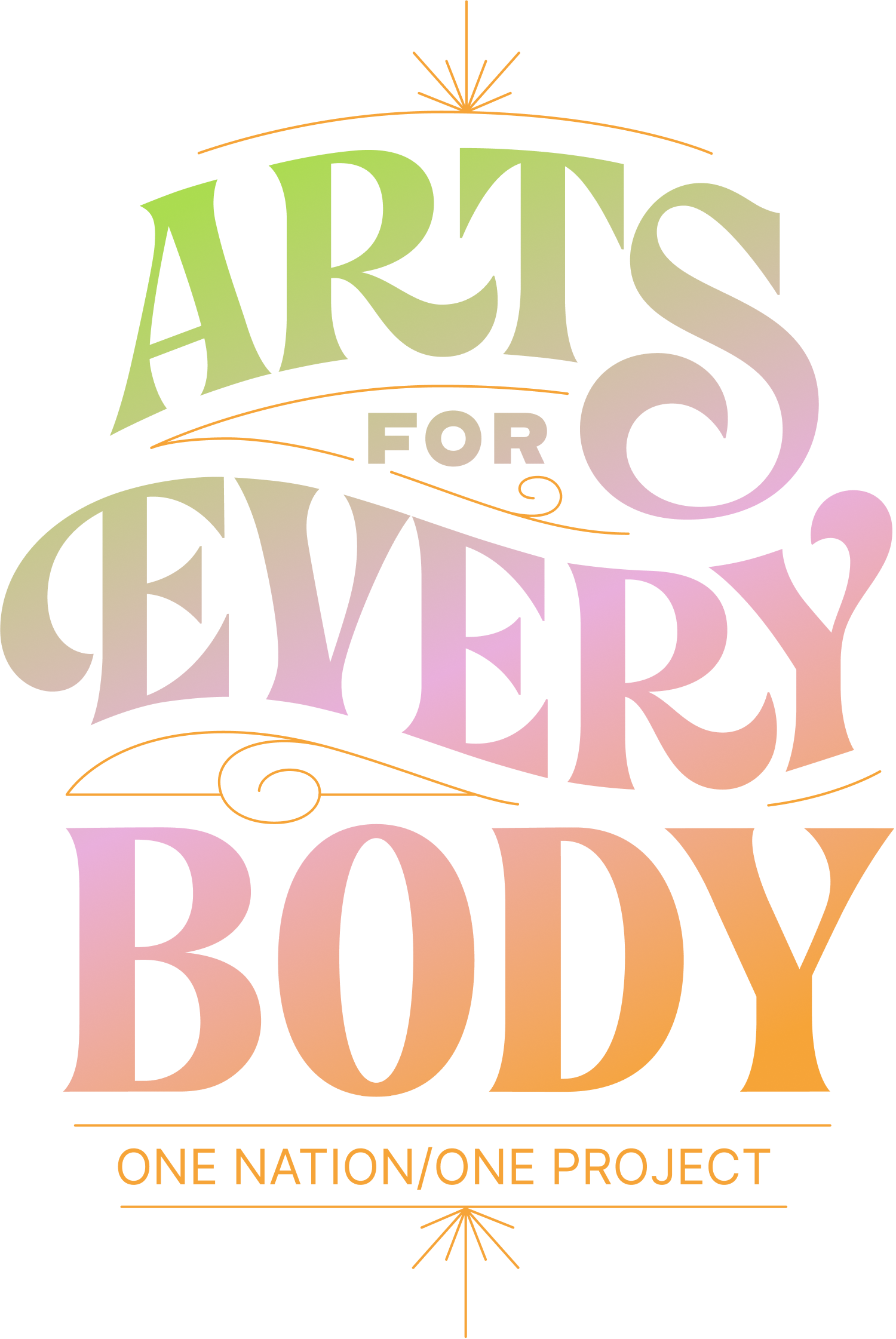Harmonizing Communities: The Transformative Power of Arts on Wellbeing and Social Cohesion
Our research paper exploring how engaging with the arts fosters social cohesion and enhances wellbeing across diverse communities, highlighting the need for inclusive participation and investment in arts for health.
In our recent research, we've delved into how engaging with the arts plays a crucial role in promoting health, social cohesion, and wellbeing across diverse communities in the United States. Using data from the General Social Survey, our study examined various forms of arts engagement, ranging from attending events and participating in activities to membership in creative groups and interest without attendance.
Our findings highlight a social gradient in arts engagement, revealing that factors such as education, income, and urban living significantly influence participation. Interestingly, while traditional attendance at arts events showed this gradient, participation in arts activities and creative groups presented a more inclusive picture. This suggests that barriers exist which prevent certain demographic groups from attending arts events, despite a widespread interest in the arts.
We also discovered that engagement in the arts is not declining but evolving, with new forms of participation emerging. This evolution underscores the need to broaden our understanding of what constitutes arts engagement and to ensure that opportunities for participation are accessible to all, irrespective of socio-economic status or location.
The implications of our research are profound, emphasizing the importance of investing in the arts as a vehicle for enhancing community knowledge, health, and social wellbeing. It also highlights the role of arts in fostering a more inclusive society where everyone has the opportunity to engage in cultural and creative activities.
We invite you to delve deeper into our findings and join us in advocating for the arts as a pivotal element of community wellbeing and social cohesion. Download and read the full paper to explore the nuanced relationships between arts participation and its broader societal impacts.
Together, let's champion the arts for the betterment of our communities and society at large.

